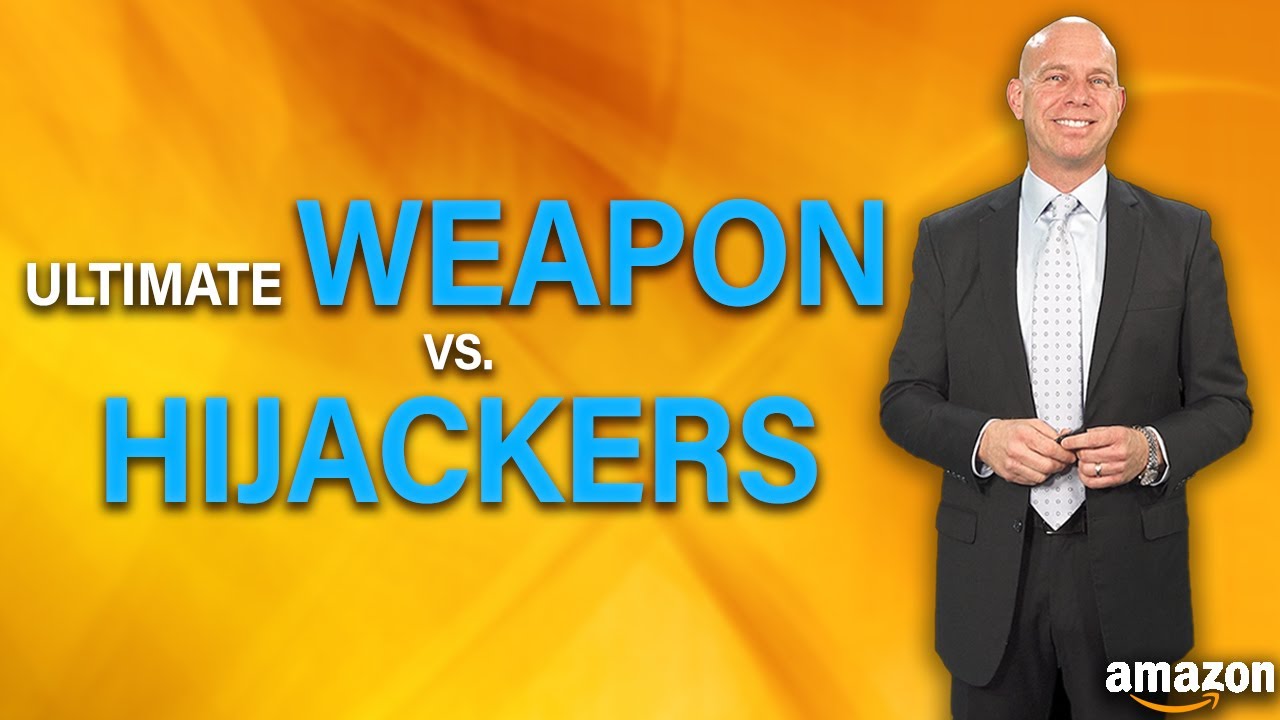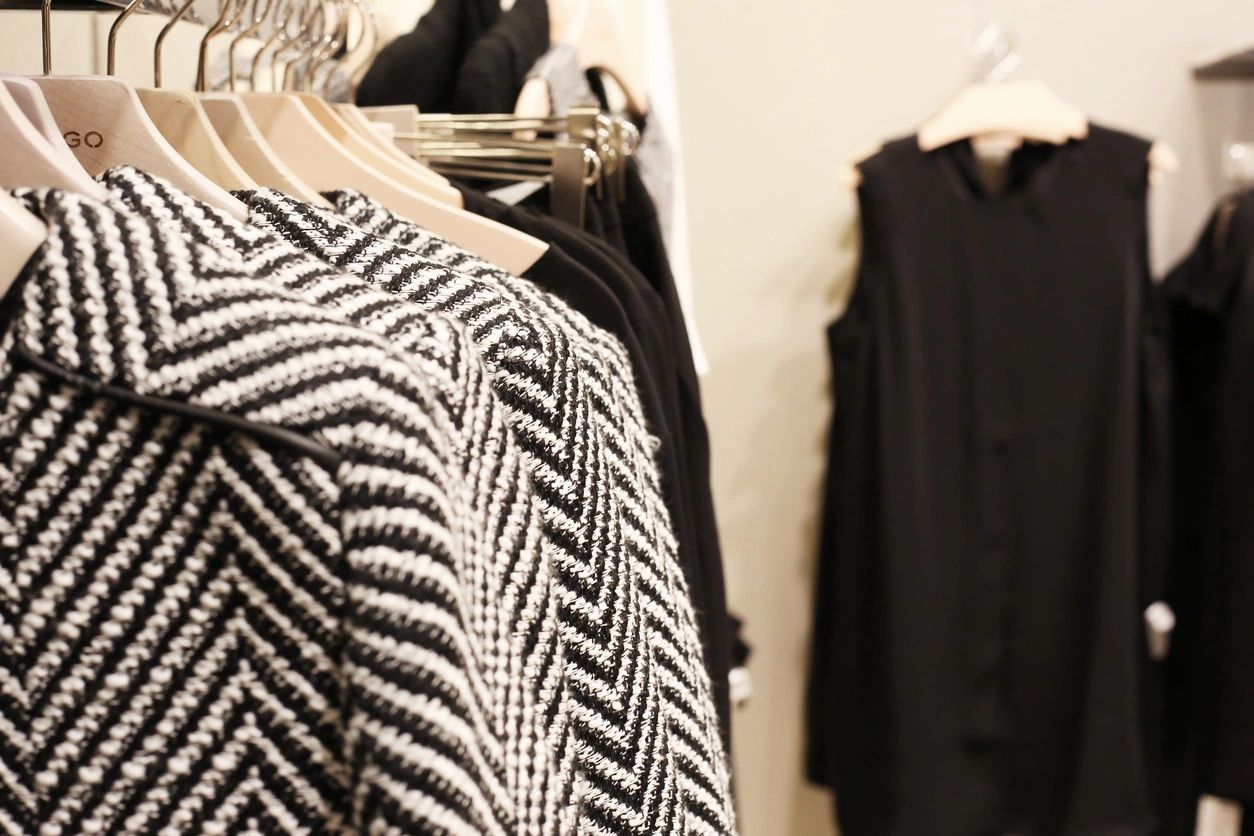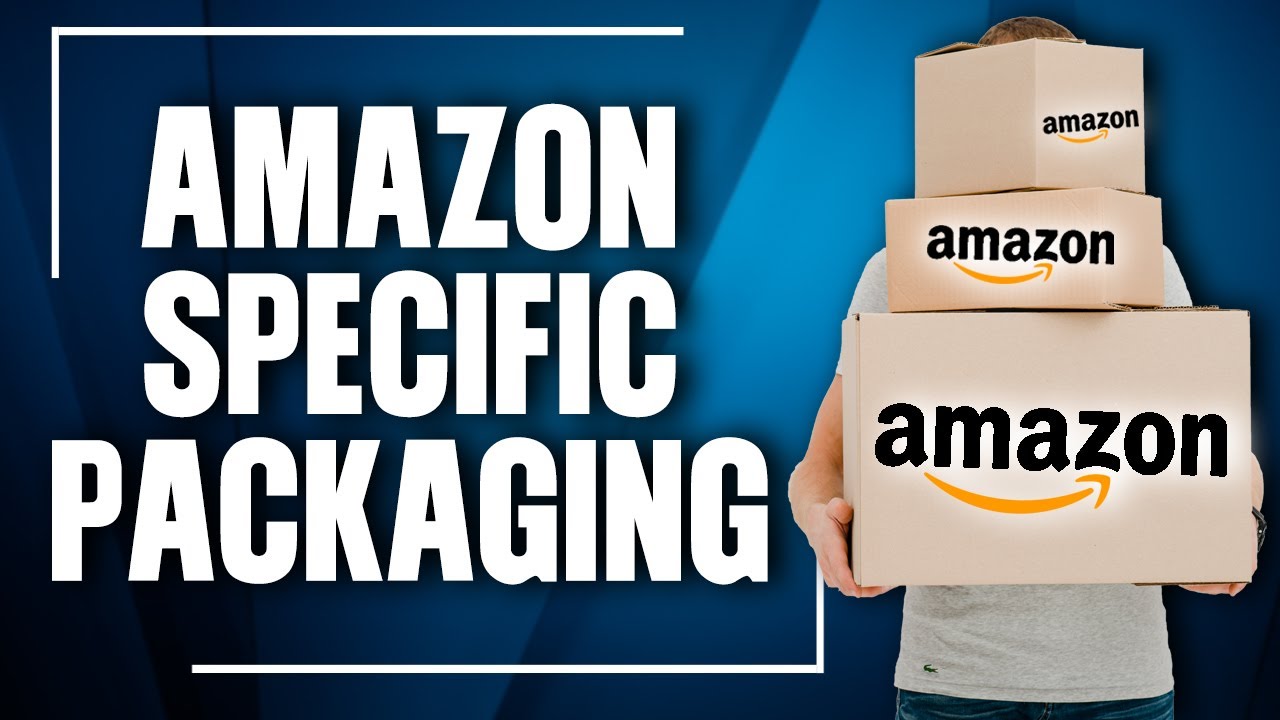
Memorandum of Law

Issue:
Whether an Amazon seller who lists their products against a pre-existing product detail page which violates a third party’s intellectual property rights is liable for infringement merely for adding products to the listing without knowledge of the infringement.
Brief Answer:
Although there is a defense called “innocent infringement” pursuant to 17 U.S.C. §504(c)(2), the defense only applies to limit the amount of statutory damages. However, sellers may still be liable under a strict liability rule.
Rule:
In a case where the infringer sustains the burden of proving, and the court finds, that such infringer was not aware and had no reason to believe that his or her acts constituted an infringement of copyright, the court in its discretion may reduce the award of statutory damages to a sum of not less than $200. [1]
Application:
It can be difficult to prove innocent infringement. A person doesn’t have to have the “specific intent” to violate the copyright protection to be liable for infringement. [2] A defendant seeking to establish the innocence of an infringement must not only establish its good faith belief in the innocence of its conduct, it must also show that it was reasonable in holding such a belief. [3]
Further, even if the defendant can prove innocent infringement, the infringer can remain liable under a strict liability rule.
Innocent intent should no more constitute a defense in an infringement action than in the case of conversion of tangible personality. In each case the injury to a property interest is worthy of redress regardless of the innocence of the defendant. Moreover, a plea of innocence in a copyright action may often be easy to claim and difficult to disprove. Copyright would lose much of its value if third parties such as publishers and producers were insulated from liability because of their innocence as to the culpability of the persons who supplied them with the infringing material. [4]
Potential Defenses:
Since there is no case law on point, I feel the best defense is to claim no direct infringement on behalf of our clients. Direct infringement requires actual copying as an element for a claim. Here, our clients would not have done the actual copying as the listings at issue have already been created. Further, even if we cannot avoid litigation, the innocent infringement defense can limit damages for our client to $200.
Conclusion:
Although the innocent infringement defense exists, it does not seem to provide sellers a complete defense to liability for infringement. If a rights owner decides to take a seller to court for simply adding products to a pre-existing infringing listing, the law does not seem to consider knowledge. However, negotiating with the rights owner and explaining the situation may be a better approach.
Infringement Liability on Amazon Listings
[1] 17 U.S.C. §504(c)(2)
[2] Coogan v. Avnet, Inc., 2005 WL 2789311 (D. Ariz. 2005), quoting Atlantic Recording Corp. v. Chan, 94 Fed. Appx. 531, 533 (9th Cir. 2004)
[3] Peer Intern. Corp. v. Pausa Records, Inc., 909 F.2d 1332, 1335-1336 (9th Cir. 1990)
[4] See 3 NIMMER ON COPYRIGHT § 13.08 at 13-291 (1994). See also P. GOLDSTEIN, COPYRIGHT § 9.4 at 162 (1989) (“the standard rationale for excluding innocence as a defense to copyright infringement is that, as between the copyright owner and the infringer, the infringer is better placed to guard against mistake”; “the strict liability rule should discipline an infringer, who might otherwise mistakenly conclude that his copying will not infringe the copyrighted work, to evaluate the legal consequences of his conduct more carefully”)








